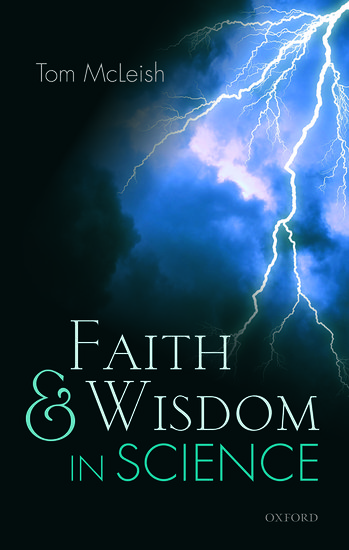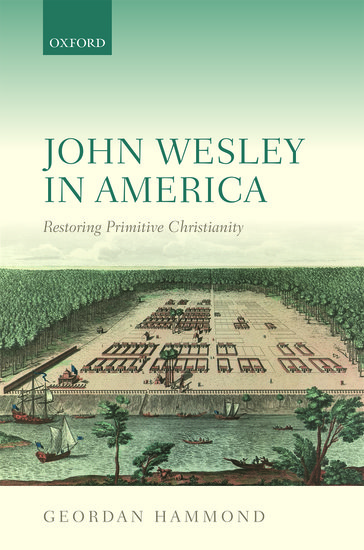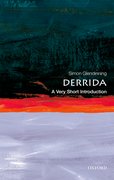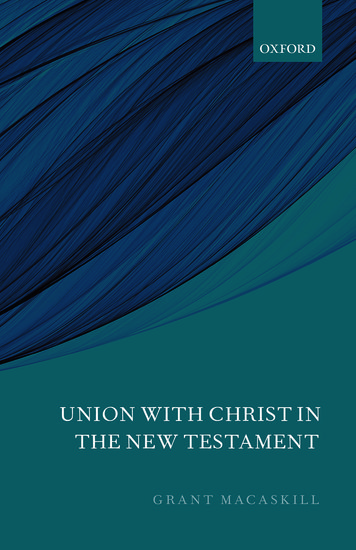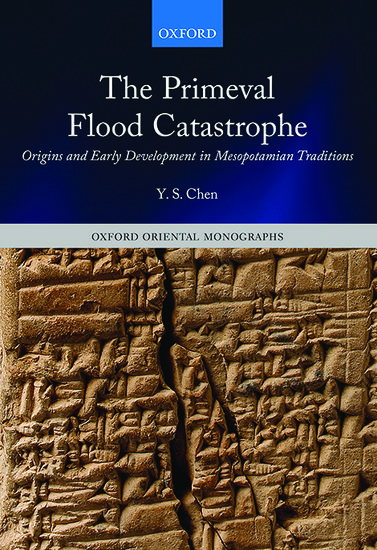John Calvin’s prophetic calling and the memory
By Jon Balserak
What is the self, and how is it formed? In the case of Calvin, we might be given a glimpse at an answer if we consider the context from which he came. Calvin was part of a society that was still profoundly memorial in character; he lived with the vestiges of that medieval culture that’s discussed so brilliantly by Frances Yates and Mary Carruthers — a society which committed classical and Christian corpora to remembrance and whose self-identity was, in a large part, shaped and informed by memory.

